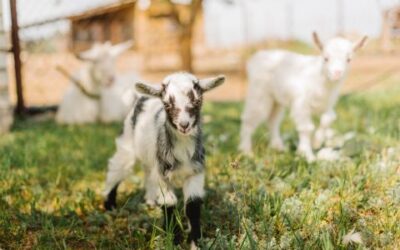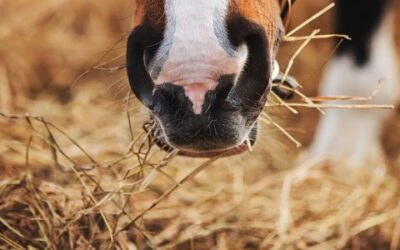 As horse owners, it’s impossible to imagine a life without our equine BFFs. They consume our hearts with their warm breath and giant capacity to love. We drive ourselves mad trying to give them the best of everything. However, before you set your sites on the hippest gear, newest trend, or latest textured feed, put your energy into ensuring you have the one thing their bodies and minds need most: a quality hay supply. Here are 3 tips for helping you choose the best hay possible.
As horse owners, it’s impossible to imagine a life without our equine BFFs. They consume our hearts with their warm breath and giant capacity to love. We drive ourselves mad trying to give them the best of everything. However, before you set your sites on the hippest gear, newest trend, or latest textured feed, put your energy into ensuring you have the one thing their bodies and minds need most: a quality hay supply. Here are 3 tips for helping you choose the best hay possible.
Consider the Type
Not all hay is created equal, so it’s important to know which variety of hay is going to be best suited for your horse’s work level and nutritional requirements. Alfalfa hay, a popular legume, might be a great option for pregnant or lactating mares as well as performance horses because of its higher protein levels. Research also highlights its curative properties in horses prone to stomach ulcers. In contrast, grass hays like all-natural timothy hay provide your horse with the fiber and nutrients needed to sustain proper digestion and weight without the unnecessary protein. Your local hay market might dictate which hays you feed your horse, so learn about the different hays you have in your area.
Research the Quality
Regardless of the variety of hay you choose for your horse, ensuring quality is key. Hay should be free from mold, so be sure you smell and inspect your bales. “Just a little mold” is too much mold. If bales feel moist or are full of dust, it’s best to keep shopping if you can. When buying hay from a new dealer, purchase a smaller amount initially so you can take it home and inspect it. You don’t want to purchase a six-month supply of hay just to discover it’s only useful as the backdrop for your daughter’s prom pictures or for your town’s annual haunted house.
Listen to Your Horse
Have you ever seen your horse vomit? The fact of the matter is, they can’t. Once they’ve ingested something, the object will remain in their system unless they are able to pass it through the other side. Because of this, horses have evolved to be incredibly particular eaters. If your horse is not eating the hay you put in front of him, pay attention. Buying a small quantity gives you a chance to get your horse’s “opinion,” which is the only one that matters. You want to ensure you have something he favors when the snow falls or the summer heat dries up the pasture.
We want the best for our equine BFFs, and there is no better way to show them we care than with good quality hay.




